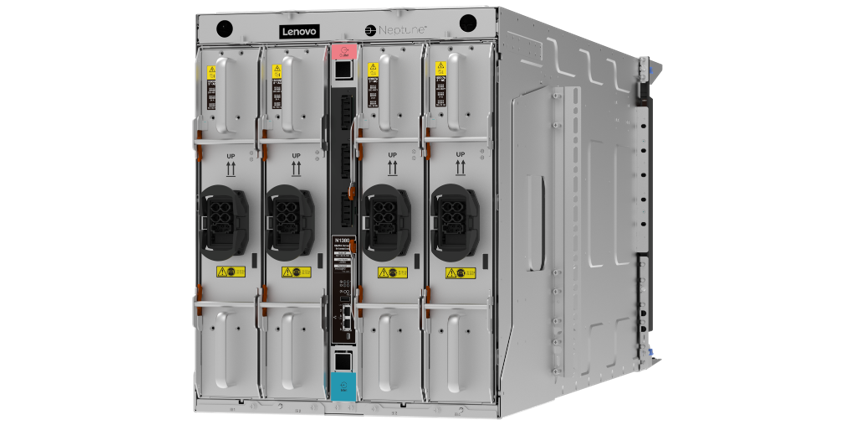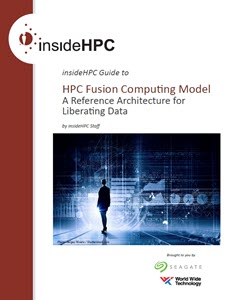 The news has started to pile up this post-Holiday Season, so here is the HPC News with Snark for Friday, January 16, 2014.
The news has started to pile up this post-Holiday Season, so here is the HPC News with Snark for Friday, January 16, 2014.
- Intel Hits Revenue Record in 2014. We’d like to think that their success in the HPC market has propelled Intel to better-than-expected financial results and a record-breaking full year revenue of $55.9 billion. In a conference call highlighting his first full year, Intel CEOBrian Krzanich said the company is “in a very different place” than it was 12 months ago and finished the year with a strong fourth quarter.
- Data Breaches – What Can We Do to Stop Them? In case you missed it, Radio Free HPC takes this topic in their irreverent way on with Security expert Linda Millis from Sol-Pass.
- Podcast Looks at Portland Startups. I’m on the radio once again this week talking about the Portlandia Technology Scene with Amado Lumba at the The PDX Beat.
 Austin Traffic Got You Down? It’s Big Data to the rescue at the University of Texas at Austin, where a group of researchers within the Center for Transportation Research is using advanced transportation models to evaluate how changes in infrastructure, travel demand, and traffic control impact transportation in the region.
Austin Traffic Got You Down? It’s Big Data to the rescue at the University of Texas at Austin, where a group of researchers within the Center for Transportation Research is using advanced transportation models to evaluate how changes in infrastructure, travel demand, and traffic control impact transportation in the region.
- GPUs Help Unravel “Origami-like” Behavior of Human Genome. Using NVIDIA GPUs, researchers from Baylor College of Medicine, Rice University, MIT and Harvard University have for the first time mapped how the human genome folds in unprecedented detail. They created the first high-resolution, 3-D maps of entire folded genomes. Among their discoveries: the genome works its biological magic with just a few basic folds—including the so-called “3D loop.”
- Xcelerit Announce Support for IBM Platform Symphony. This allows end users such as financial analysts to seamlessly offload Xcelerit-enabled applications to their grid and control compute resources such as GPUs, memory limits, CPU cores, and specific groups of nodes through a tight integration with IBM’s Platform Symphony. “Our product really does a good job of controlling exactly what resources are made available to any one job”, commented Yonggang Hu Chief Architect for IBM’s Platform Computing, “Xcelerit then makes sure that every available chunk of compute power is used to the limit.”
- Computer Scientists Increase Efficiency Through Lazy Checkpointing. As supercomputers increase in size, the sheer volume of checkpoint activity can significantly affect the shared networks and file systems. These I/O constraints led Tiwari and Gupta of the National Center for Computational Sciences Technology Integration (TechInt) team to look closer at checkpointing on supercomputers. After examining several supercomputers at the OLCF, including the Cray XK7 Titan, as well as large systems at other centers, Tiwari and Gupta were able not only to characterize the failure patterns in these large systems but also to debunk a common perception about MTBF. Their analysis concluded that not only do the vast majority of failures occur before the statistical MTBF but also that subsequent errors are clustered, occurring close to the time of the originating hardware failure.
- CUDA 7 Release Candidate Feature Overview: C++11, New Libraries, and More. The CUDA Toolkit version 7 expands the capabilities and improves the performance of the Tesla Accelerated Computing Platform and of accelerated computing on NVIDIA GPUs. Note that, starting with CUDA 7, all future CUDA Toolkit releases will support POWER CPUs.




